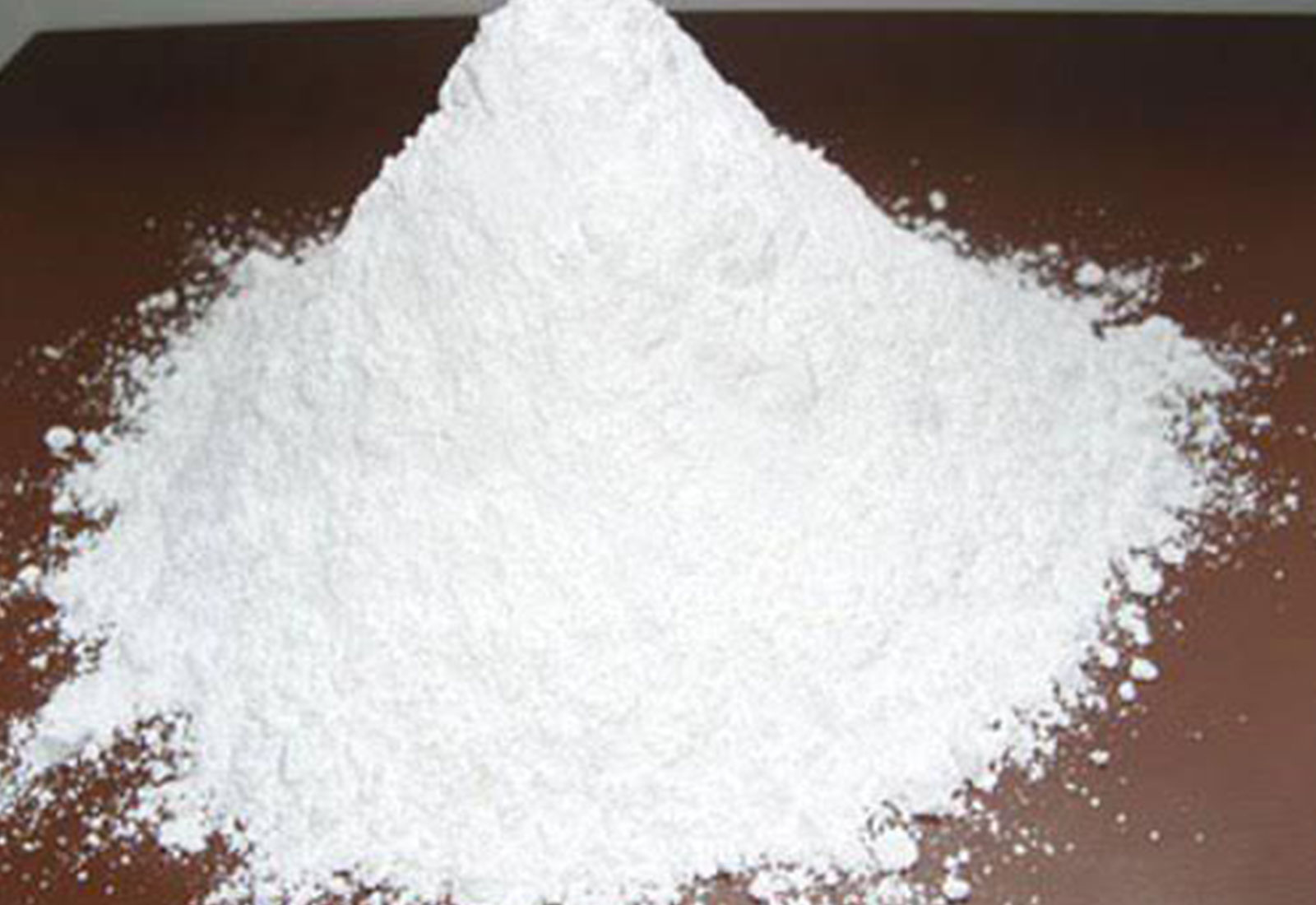Calcium carbonate is a common substance found in rocks, and it is the main component of shells of marine organisms, snails, and eggs. In manufacturing, it is used in various forms to enhance the quality and functionality of products. Let’s explore how calcium carbonate, particularly in its powder and activated forms, plays a crucial role in modern manufacturing.
What is Calcium Carbonate?
Calcium carbonate is a chemical compound with the formula CaCO₃. It is widely used in industries such as construction, plastics, and pharmaceuticals due to its abundance and versatility. One of the most common forms is calcium carbonate powder, which is finely ground to be used in various applications.
Uses of Calcium Carbonate in Manufacturing
Calcium carbonate powder is a vital ingredient in the manufacturing of various products. In the construction industry, it is used to produce cement and lime, which are essential for building structures. The fine particles of calcium carbonate powder help in creating a smooth finish and increase the durability of the materials.
In the plastics industry, calcium carbonate powder is used as a filler to enhance the properties of plastic products. It improves the strength, durability, and heat resistance of plastics, making them suitable for a wide range of applications. Additionally, calcium carbonate powder helps in reducing the cost of production by replacing more expensive raw materials.
The Role of Activated Calcium Carbonate
Activated calcium carbonate is another important form of this compound used in manufacturing. It is produced by treating calcium carbonate with various chemicals to enhance its properties. This activation process increases the surface area and reactivity of the calcium carbonate, making it more effective in specific applications.
In the paper industry, activated calcium carbonate is used to improve the brightness and opacity of paper. It enhances the printing quality and provides a smoother surface, which is essential for high-quality print products. Moreover, activated calcium carbonate is used as a coating agent to give paper a glossy finish.
In the rubber industry, activated calcium carbonate is used to improve the mechanical properties of rubber products. It increases the tensile strength, elasticity, and abrasion resistance of rubber, making it suitable for manufacturing tires, hoses, and seals. The activation process ensures that the calcium carbonate interacts effectively with the rubber matrix, resulting in superior performance.
Environmental Benefits of Calcium Carbonate
Using calcium carbonate in manufacturing has several environmental benefits. As a natural and abundant resource, it reduces the dependency on synthetic materials and helps in conserving natural resources. The production of calcium carbonate powder and activated calcium carbonate requires less energy compared to other materials, resulting in lower carbon emissions.
Furthermore, calcium carbonate is non-toxic and safe for the environment. It can be easily recycled and reused in various applications, reducing the overall waste generated by manufacturing processes. By incorporating calcium carbonate into products, manufacturers can contribute to sustainable practices and minimize their environmental footprint.
Conclusion
Calcium carbonate, in both its powder and activated forms, plays a significant role in enhancing the quality and functionality of products in various industries. Its versatility, cost-effectiveness, and environmental benefits make it an essential ingredient in modern manufacturing. Whether it is improving the durability of construction materials, enhancing the properties of plastics, or providing superior printing quality in the paper industry, calcium carbonate continues to be a valuable resource for manufacturers worldwide.

